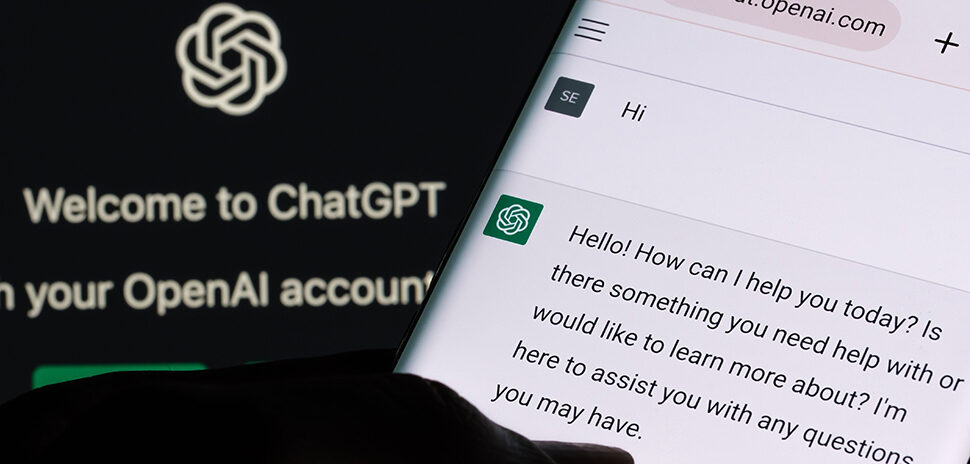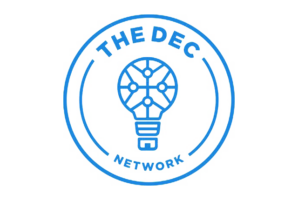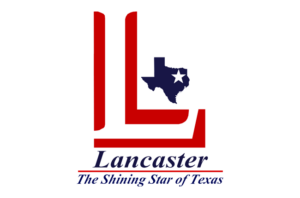Dallas-headquartered AT&T announced Tuesday that it’s using OpenAI’s chatGPT to help its employees be “more effective, creative, and innovative.” But the company took care to explain that it’s no latecomer to the AI party. In fact, AT&T researchers actually helped give birth to the term “artificial intelligence”— a full 68 years ago.
“AT&T was there at the very beginning,” Chief Data Officer Andy Markus writes in a company blog post. “In 1955, our researchers helped organize and were key contributors at the conference where the term ‘artificial intelligence’ was born.”
‘AI is imbedded across AT&T’
Over the last few years—before headlines about generative AI systems like ChatGPT and Google Bard rocked the world earlier this year—AT&T started applying AI company-wide “to provide improved service and value to our customers, increase operational efficiencies, and drive new revenue opportunities for the company,” Markus writes, noting: “AI is imbedded across AT&T.”
One major area of AT&T that’s benefitted from this is customer service, he added:
“Behind the scenes, AI optimizes the daily routes our field technicians take in their trucks to serve more customers and handle more repairs with less fuel consumption. And AI helps us recognize and block fraud in the network in near real time to greatly reduce the number of spam calls our customers receive.”
Company is ‘super excited’ about generative AI
Things got kicked up a notch for AT&T—as they did for almost every company on earth—after OpenAI released an early demo of ChatGPT last November 30. The chatbot’s ability to answer questions with amazing speed at in-depth, exhaustive length astonished millions. (Quickly, however, issues arose with concerns about generative AI making things up and getting overly personal with early testers. Those concerns rose to the point where many of the world’s leading AI experts, technologists, researchers, and backers signed an open letter urging a pause of at least six months to the creation of “giant” AI experiments, in order to better study and mitigate potential dangers.)
Still, excitement about the potential of generative AI systems continues to sweep the world, and AT&T is fully on board.
“We’re super excited about it as well!” AT&T’s Markus writes in his blog post, exclamation points and all. “In fact, I think it’s a transformational technology. Generative AI will do for businesses what the introduction of the PC and the internet did decades ago!”
Taking a step ‘few companies have so far’ with Ask AT&T tool
“We’re so convinced of what this new generation of AI can do that we’re taking a step that few companies have so far,” Markus adds. “We’re deploying a generative AI tool for our employees over the next several weeks so they can be part of the first generation of true corporate users of this new capability. We think this technology will make them more effective, more efficient, and more creative at their jobs.”
The company is calling that tool “Ask AT&T.” Its first iteration uses OpenAI’s chatGPT functionality and is designed to be interoperable with other generative tools that are currently being created.
AT&T worked with Microsoft to make the tool ‘secure and safe’
Markus says his company has worked with Microsoft to make Ask AT&T secure and safe for AT&T’s employees and corporate data. The tool runs in an AT&T-dedicated Azure tenant that’s been pressure tested for leakage, he notes, giving AT&T employees the ability to bring company data and information into Ask AT&T “without worrying about that material leaking into the public domain.”
Addressing concerns about accuracy with ‘a special sauce’
And about that open letter and concerns about generative AI making things up? AT&T says it’s got a secret weapon for that.
“Ask AT&T has a lot of ‘special sauce’ that incorporates AT&T knowledge and processes that focus the system on responsibly delivering accurate results,” Markus writes.
That said, Markus notes that generative AI tools “aren’t magic or infallible.”
“Ask AT&T users are responsible for checking that the results are accurate and appropriate,” he stresses.
Helping employees from coders to HR people
The early use cases for Ask AT&T include increasing the productivity of the company’s coders and software developers, as well as helping to translate customer and employee documents from English to other languages. (And not just translating it, but turning English into plain English that’s easier to use and understand.)
Other uses being explored include using AI to help optimize AT&T’s network; upgrading software code; aiding customer support employees; providing quick answers to HR questions; and reducing employee meeting times.
Guarding against hackers
One thing A&T is guarding against is the potential for Ask AT&T to be an open window for external mischief makers.
“We know that hackers and fraudsters will try to use the functionality with bad intentions, so we have AI and generative AI counter-measures that are central to our cybersecurity initiatives, helping us identify threats—including AI-created attacks—before they impact our company or our customers,” Markus writes.
You can read his full blog post by going here.
![]()
Get on the list.
Dallas Innovates, every day.
Sign up to keep your eye on what’s new and next in Dallas-Fort Worth, every day.

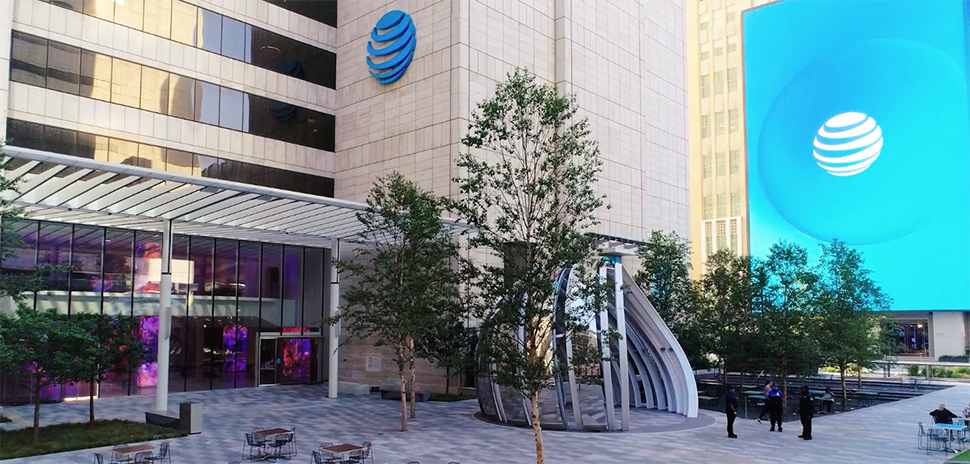

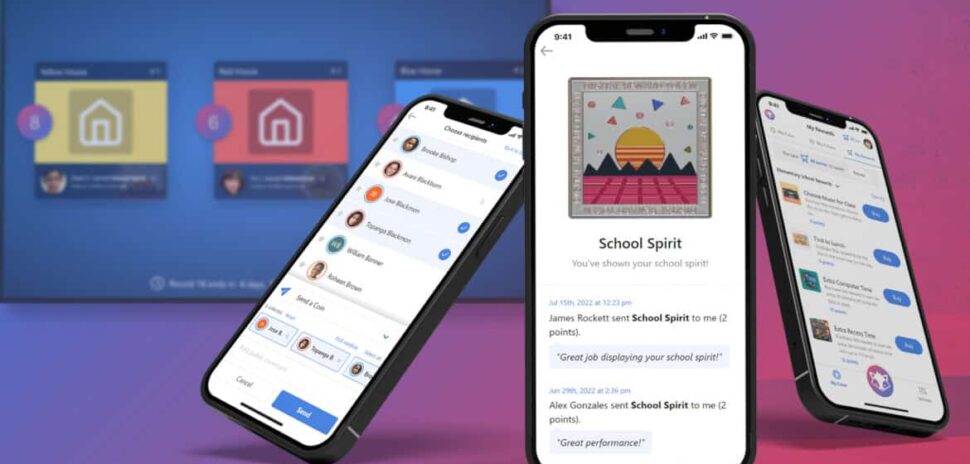
![Shirin Nilizadeh, a University of Texas at Arlington researcher is working on the vulnerabilities of AI to online misrepresentation. Misrepresentation is part of the word cloud that depicts artificial intelligence challenges. [Sources: DI, Illustration Rob Wilson/Shutterstock]](https://s24806.pcdn.co/wp-content/uploads/2023/06/AI-Word-Cloud_970_Shutterstock-DIedit-970x464.jpg)
